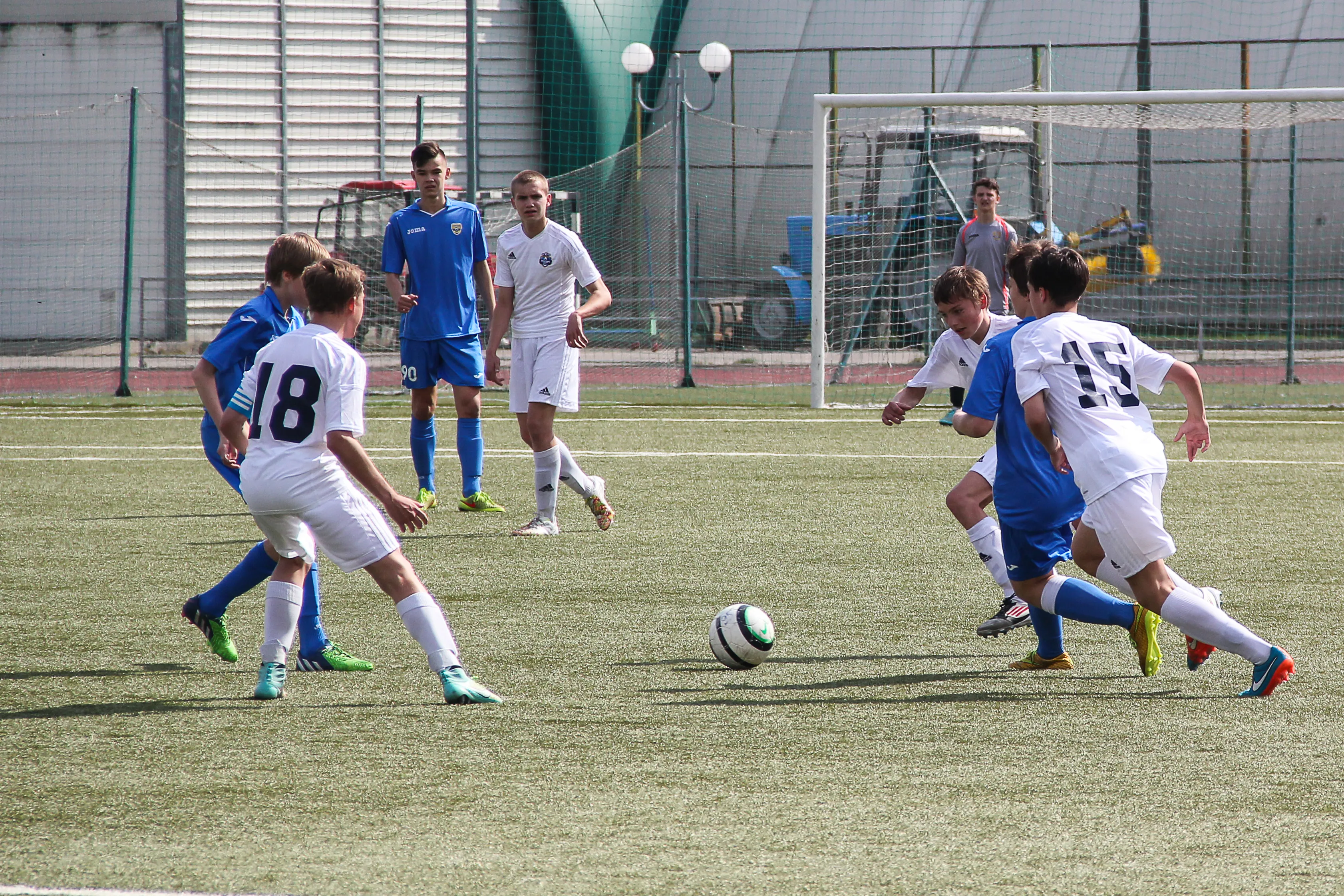Peak Performance
Optimise Your Brain = Optimise Your Life
Neurotherapy Australia was established in 2022. Focused on making Neurotherapy accessible to those needing it the most, we partner with therapists and coaches to work together in bringing Neurotherapy into homes all over the country.
Neurotherapy & Peak Performance

Why neurofeedback & peak performance?
Neurofeedback is a technique that aims to train and modulate brain activity using real-time feedback from brainwave measurements.
While the specific areas of the brain to target for neurofeedback can vary based on individual needs and goals, there are several key areas that are often considered important for peak performance in athletes such as NFL star Quarterback, Kirk Cousins.
What are some of the benefits neurofeedback can offer a peak performance athlete?
1. Focus and Concentration: Neurofeedback training can target the prefrontal cortex, which is associated with attention and focus. By training this area, athletes can improve their ability to maintain concentration during training sessions and races.
2. Stress and Anxiety Management: Neurofeedback can help athletes to regulate their stress response and reduce anxiety. Training the amygdala, which plays a role in emotional processing, can assist athletes in maintaining composure and managing performance-related stress.
3. Visual Processing and Reaction Time: Neurofeedback protocols can be designed to target the occipital cortex, responsible for visual processing. By training this area, athletes may improve visual acuity, peripheral vision, and reaction time to visual stimuli, leading to enhanced performance during 'game day'.
4. Motor Skills and Coordination: Neurofeedback training can focus on the sensorimotor cortex, which is responsible for processing sensory input and controlling motor functions. Enhancing the regulation and synchronization of brain activity in this area can benefit athletes by improving coordination, technique, and overall motor skills.
5. Mental Resilience and Confidence: Neurofeedback can help athletes build mental resilience and boost confidence. By training specific brainwave frequencies, such as alpha and theta, athletes can achieve a calm and focused state, which can contribute to a positive mindset and mental preparedness.


Where's the proof?
There have been several studies conducted on the application of neurofeedback in peak performance athletes, below are just a couple of examples.
These studies highlight the potential benefits of neurofeedback training in optimizing performance in peak performance athletes and individuals engaged in other demanding activities.
Study: "Peak performance training and EEG biofeedback for gifted performers" (Gruzelier, 2009)
Summary: This study investigated the effects of neurofeedback training on gifted performers, including athletes. The research showed that neurofeedback training improved performance in various domains, including sports. The study highlighted the potential of neurofeedback in enhancing attentional focus, self-regulation, and overall performance in elite athletes and other high-achieving individuals.


Study: "Effects of neurofeedback training on athletic performance" (Wilson et al., 2019)
Summary: This study investigated the effects of neurofeedback training on athletic performance in a diverse group of athletes. The research found that neurofeedback training led to improvements in mental resilience, attentional control, and performance outcomes across various sports. The study suggested that neurofeedback could be a valuable tool in optimizing the cognitive and emotional states of athletes, leading to enhanced performance.
© 2025 Neurotherapy Australia - All Rights Reserved.
